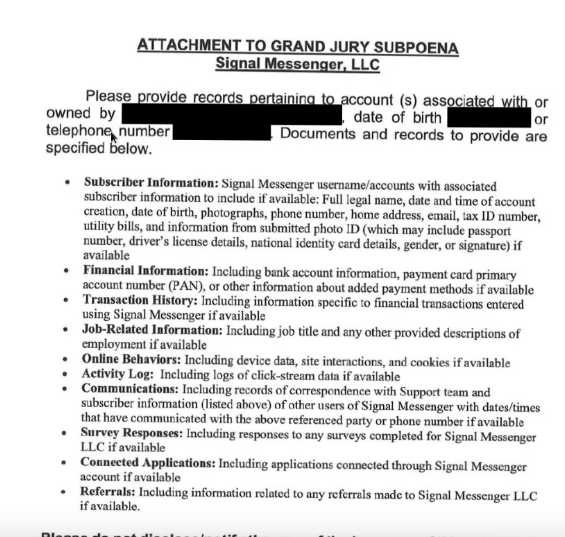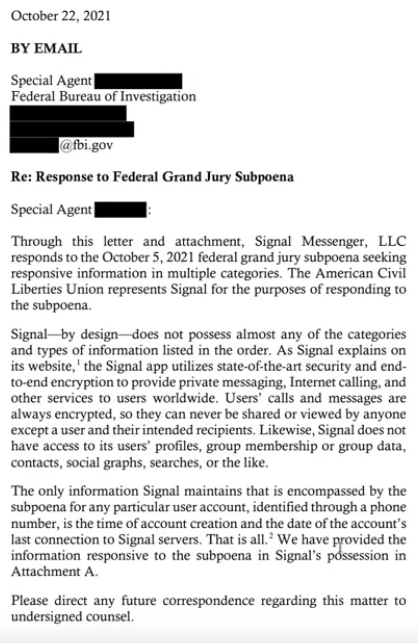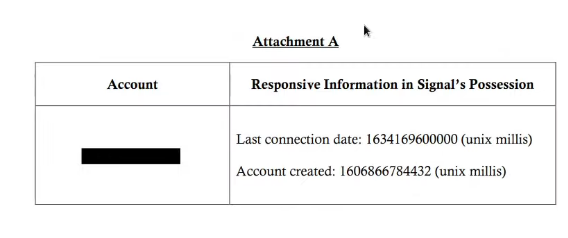https://www.youtube.com/watch?v=_OzkkNb2cpo
Arrested for misplacing a document at a council meeting, after arranging a petition for the resignation of the mayor.
She couldn't sue the city council officials because they have qualified immunity, and they had made sufficient probable cause to arrest her (that she had perhaps stolen her document).
“Backdoor censorship."
The police in that city arrested her and then released her a day later, dropping the charges. Ie she wasn't taken to trial. But she as the defendent has been trying to have the court to take it to trial so she can prove she had been wronged through law/police.
She's trying to say that the qualified immunity does not fit this case.
It's a ‘what if’ case. What if we allow city councils and authorities to do this.
Institute of Justice is working on it. Is IoJ the new ACLU?
https://www.youtube.com/watch?v=KH3VYCh7z5o
Is good faith enough?
Some people were killed at home, and the police requested anyone (among 1b search users) who had searched that address.
There is little about a person that isn't revealed by reviewing a 1-month search history, including things they tell no one because they're private (and sometimes they would otherwise not even address).
The majority recognized people have a constitutional right to privacy in their internet search querries, and that these impact speech rights.
Before the Amendments were written, there was a ‘general warrant’ where a judge gave police a general warrant to go around, knock on random doors and say ‘we have a warrant’ and barge in. Since the Amendment, police need a specific warrant where they say who or what they are looking for.
EFF disappointed with the results of the case.
Go to your search results for the month and look through them, and see if you would like strangers/authorities to have that info. Now consider that of your family members.
https://www.youtube.com/watch?v=mpU9LdxO9aE
The court took the trial on the road and it was hosted at a highschool. It's much easier to go see.
The argument police/city used was “We didn't need a warrant because we were just flying a drone over your property.” They also used “an anonymous tip by a neighbor" for an impetus. Their argument was that the drone was not touching the ground.
The town council is using tax dollars and “don't even seem to care” if this case is taken to the Supreme court and the costs associated?
Another what if case. Every town council will buy a drone and regularly fly it over every property all the time and look for things.
https://www.youtube.com/watch?v=lietcrJy1MU
https://www.youtube.com/watch?v=Jg7W296G2ik
https://www.youtube.com/watch?v=3rnzQ6A2Nv8
Said to be to combat planned obsolesence and companies selling cars that they know won't last. The bill also has things to do with right to repair.
https://www.youtube.com/watch?v=kJcsXRhArA8
What about TV? Phones? Junk food? Exercise?
https://www.youtube.com/watch?v=8MnGgsOKjqs
https://www.youtube.com/watch?v=1hHOFZUCC5E
Can't take drone images ‘for surveilance’. Originally journalists had sued to be able to and won, but on appeal this. It's legal only up to 8 feet off the ground and you can't use ‘ampificaiton’ (zoom).
‘And nothing in the No-Fly provisions has anything to do with speech or expression. These are flight restrictions, not speech restrictions.’
#Drones #Privacy
https://www.youtube.com/watch?v=ZQfloQlSmFg
https://www.youtube.com/watch?v=MirpRkmruOg
https://www.youtube.com/watch?v=Q8mFzFaGE-c
First in US. Seattle PD can't knowingly lie, saying it undermines public trust in police (not outweighed, said mayor). We might also say in society in general, since police will lie to one friend saying his friend said he did things and thereby pressure him into ratting on his friend. People have falsely confessed to murder because they were lied to and browbeaten in this way. The can still lie for felonies but not minor property crimes.
Seattle PD can't make a false statement to press or in any way that ‘shocks the conscience’ so we don't know what that means yet.


